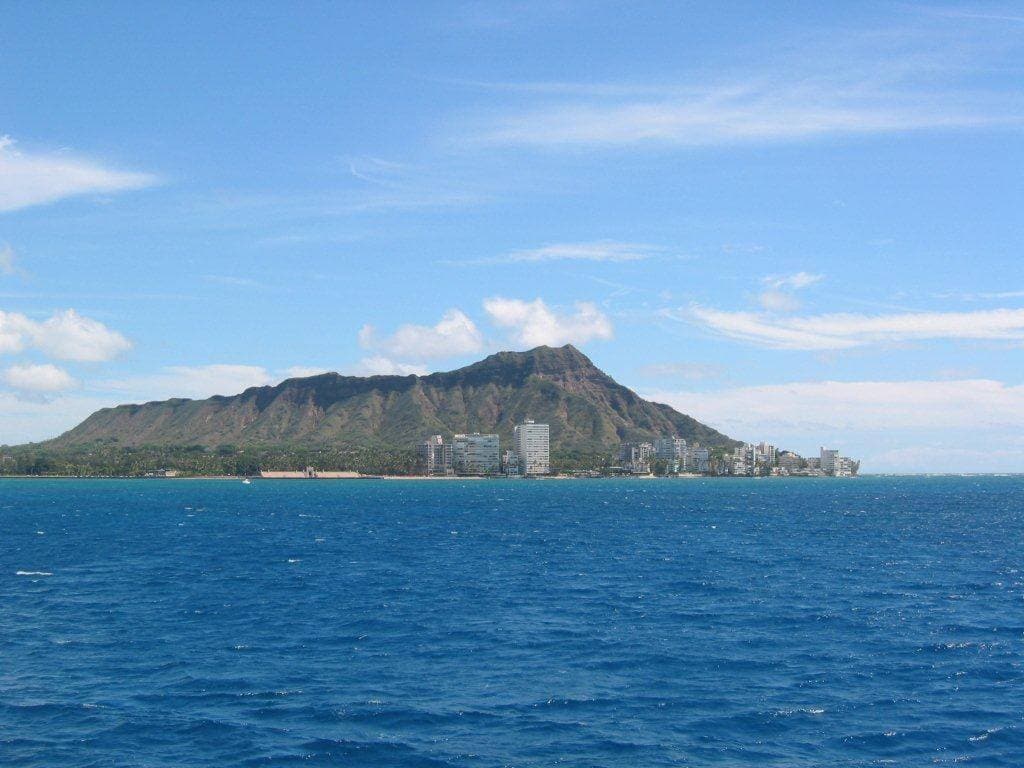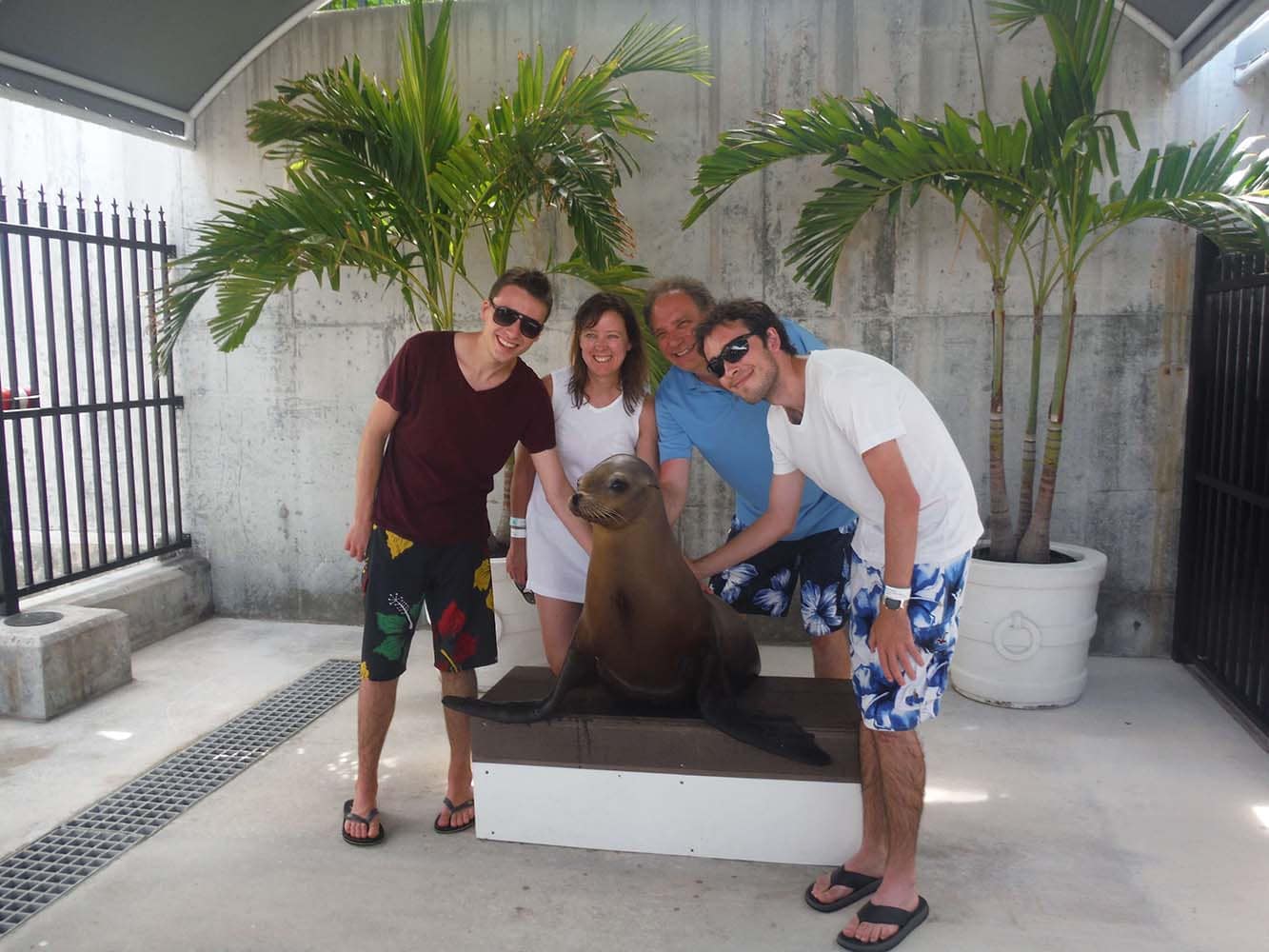Most of us are riveted to the TV when we watch the travel exposés. These stories attract a great deal of attention because of the glamour and excitement of the locations, and because we share a sense of innocence when go on vacations. We never expect these things to happen to us, so how could they possibly happen to other unsuspecting travelers?
Bad publicity is becoming more common for the travel industry. With the advent of the Internet, camera phones and other cellular communications, there is no escape from instant coverage. Some coverage is exaggerated simply to generate ratings. I am definitely not an apologist for the travel industry. Since I make my living off of people traveling, I am probably one of the harshest critics when any travel company abuses the public’s trust. Nevertheless, truth and perspective sometimes gets lost in all the excitement. Maybe I can bring a little perspective back with this commentary.
Viruses on Ships
The Norwalk or Norovirus is a highly contagious flu-like virus. It is actually the most common cause of infectious gastroenteritis in England. It occurs mostly in the winter, and it frequently occurs in semi-closed environments such as hospitals, nursing homes, schools and cruise ships. It has been around for centuries. There have been outbreaks on cruise ships since they began sailing. It is nasty. We wouldn’t want it. But, it is something we likely have contracted in the past, and may well contract again in the future. The thing with this happening on a cruise ship is that, as your fellow passengers begin retiring to their rooms in larger and larger numbers, you can see how contagious this virus is. Until we see our fellow passengers with similar symptoms, we assume it is the stomach flu. The fact is that cruise lines thoroughly scrub down their ships more than almost any public place you are ever likely to visit. There is nothing they can do to completely stop this from happening, but they give it their best shot. Green passengers are bad for business. It is unlikely that you will get Norovirus on a ship, but you cannot assume total protection from this or any other virus, including the common cold. You are less likely to get a stomach ailment on a ship than you are visiting the normal places you go to on land. It is probably not a good reason to avoid traveling on ships!
Cleanliness in Hotels
I admit that this one grosses me out. Most of us have seen the news reporter with the black light shining on the bedspread. Yuck! You never know who occupied the room before you checked-in. Most hotels keep their rooms quite clean, but I know that a little precaution goes a long way. We carry a small can of disinfectant or alcohol wipes. Even in a Four Seasons or a Ritz-Carlton, we wipe off the toilet seat. We also do the same with the TV remote control since it is rarely scrubbed and is touched often. While your sheets and towels should be fine because they are freshly cleaned, we don’t sit our naked bodies on the upholstered furniture or on the bedspread or comforter. Hey, you wouldn’t put your face on a pillow without a cover, would you? Most of these things are prudent more for psychological reasons than for any actual dangers of getting sick. This stuff makes good TV and creates paranoid guests! I speak from experience.
Disappearances and Violence in Foreign Lands and on Ships
Very bad things do occasionally happen while on a ship or in a foreign county. Violent people exist everywhere, including in our own country. Some acts of violence are committed by acquaintances and others are random acts of violence perpetrated by strangers. Disappearances are extremely rare, but when they do happen, you can expect a great deal of coverage. They are tragedies that deserve to be covered, but getting real facts isn’t always easy.
I think it is fair to say that the USA has a more transparent investigatory process and is less corrupt than many other lands. There are inherent risks when you venture off to foreign lands. Keep in mind the realities of risk-taking. We take chances every time we get into a motor vehicle. Are you really any safer on our freeways?
Once again, basic precautions reduce your risk. Avoid going places that don’t seem safe. If your government warns against going there, it is probably an adventure you should avoid. Don’t walk alone in dark places (whether abroad or at home). Do not become intoxicated and potentially lose your ability to make good decisions. Don’t allow strangers into your room. Consider very carefully how far you want to veer off the beaten path. Nothing is completely safe, but make wise decisions and you are likely to avoid any dangerous situations.
You are always welcome to call our offices and share with us any concerns you may have about your travels. We want you to enjoy your trips, return safely, and book many more vacations with our company. We don’t hold back on giving you our best advice and honest answers. We care about our clients!






